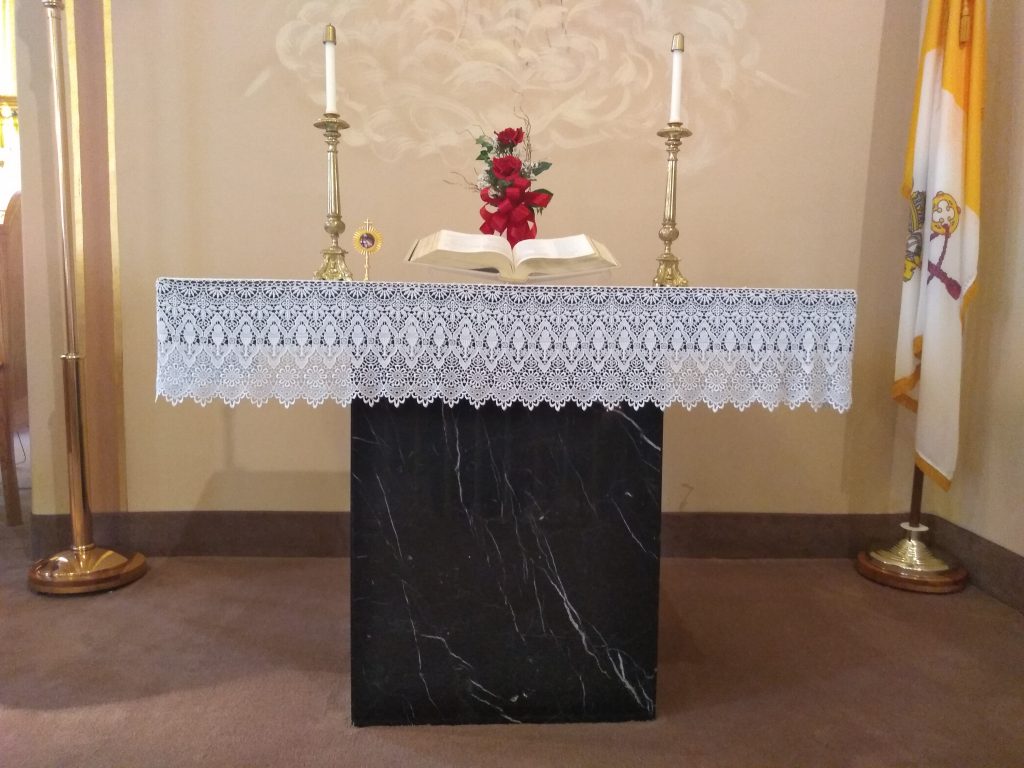In Chapter two, Paul continues to explain himself. Paul himself is suffering because the people he loves are suffering. He had to reprimand those he loves so much and he is very “grieved “over it (1-2). When you usually think of a person whom you love, joy is what comes to the heart, but now there is sadness because of the disunity that was there from the sins of some of the Corinthians, which the first letter was written about. But now is a time to be reconciled.
Paul had a duty to correct very bad behavior that was causing suffering in the community. Given the nature of the sins (sexual) the suffering did great damage. I would imagine this behavior was leading some believers astray and even bringing great disdain and distrust. Paul deeply felt their suffering and wanted to make a clear statement of the wrongdoing. He wanted to get the attention of the wrongdoers so that they would change their ways and no longer cause the suffering in the community. Some of the perpetrators never really converted to the faith and left. They were Christian only in name. Others had fallen back into the pagan way of thinking and doing. Some evidently came back and repented of the wrongdoing.
The Corinthians, before their conversion, were prone to these sins that were accepted as normal in pagan beliefs. For us, when we go through our own conversion to Jesus, in the beginning of our conversion, we find it easy to follow God’s way. God purifies our minds and hearts so that we do not desire to things that are sinful. A person’s love for Jesus cleanses them from the tendency to sin. It is a grace that God gives them. But after a while, what we choose may weaken our will and we fall. In a certain sense, it is like the Father in heaven is carrying us around at first. We start to see things from a higher point of view. But then He sets us down on the ground and teaches us how to walk. He holds our hands and encourages us. We fall, but He picks us up and does not give up on us. He wants us to grow and mature in faith. But that means that we all have our decisions to make in life. These are decisions that nobody else can make for us. These are decisions to be with God or not. God is going in one direction, but many times we go where we want, and choose to be where God is not going. As we progress in our faith, the most important question we can ask ourselves is if I am going to go with God or my own direction? What direction have I chosen in life? The answer to this question can be the reason why we experience so much suffering, like some of those who lived in Corinth. Many times we cause our own suffering and then turn and blame God. We refuse to listen to God and His ways. Sometimes we refuse to learn from Him or allow Him to train us how to walk as a Christian and a Catholic.
Paul encourages the faithful to forgive those who repent. They are to welcome them back. Each person in the community is an important part of the body of Christ. It is not taken lightly. The reprimand of one person in the community affects the whole (v6). Mercy and kindness are to be shown to all who change their ways. This is the policy of the Catholic Church as a whole. This should be good news for all of us. How many times do we say no to God’s ways? To forgive our enemy, to give even your second tunic or to walk an extra mile with those in need. Living the life of a Christian is not easy. It means being to sacrifice daily for the good of others. Yes, it is a good thing that Jesus would establish a policy of mercy in His Church.
Paul goes on from verse 12 to explain his situation. He is called by God to serve others who are open to God’s grace. It is not Paul’s mission, it is a mission that God gave him. He must respond to this calling as much as he wants to be with them at Corinth. It is not about what he wants. He is a servant of God.

